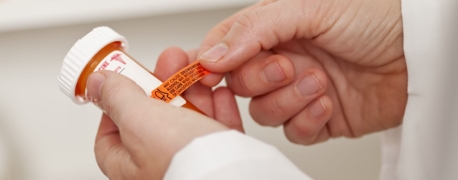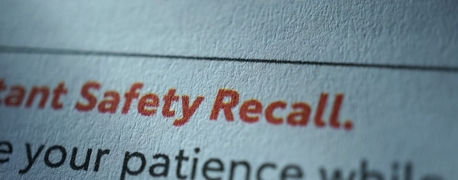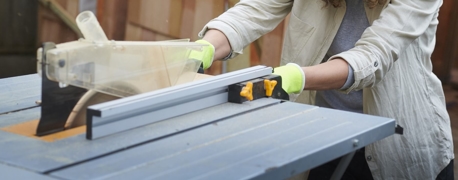Why Is Roundup Still Being Sold?

"Is Roundup safe?"
This is the question being asked by homeowners, gardeners, and other people who use the popular Monsanto-made weed killer. For years, Monsanto has received criticism for failing to warn users about the dangers of using glyphosate, the active ingredient in Roundup that has also been linked to causing a rare form of cancer called non-Hodgkin's lymphoma.
Experts warn that it isn't just glyphosate that makes Roundup dangerous. The weed killer uses soap-like detergents called surfactants to penetrate the outer leaves of plants to allow the glyphosate to reach cells. Surfactants can also help the chemical travel through human skin and into the body, where they can reach cells and damage DNA.
What We Know About Roundup
In 2015, the International Agency for Research on Cancer (IARC) concluded that glyphosate is "probably" carcinogenic for humans, or a "Group 2A" carcinogen. Importantly, critics of the IARC classification of glyphosate as dangerous point out that the group redacted parts of its draft report before publishing it. Yet, this is a good thing—the parts that the IARC cut were related to studies that were co-authored by Monsanto-funded scientists. In other words: the IARC was doing the right thing by eliminating any possible bias from its report.
A recent review has confirmed that the IARC's findings were done the right way. Published in Environmental Sciences Europe, the highly vetted review determined that the IARC used trusted, peer-reviewed sources to label glyphosate as unsafe. It also determined that the Environmental Protection Agency has failed to look at the right studies and has instead relied on "unpublished regulatory studies" that are often industry-funded.
"It's kind of easy to understand why EPA would say, 'Well, geez, you know, it must be okay,'" Charles Benbrook, author of the review commented. "It was okay because they were looking at a bunch of negative studies that Monsanto [did]. Monsanto repeated essentially the same study like 30 times."
Results for Roundup Lawsuits So Far
In June, Bayer, the parent company of Monsanto, announced that it would pay up to $10.9 billion to settle thousands of Roundup lawsuits. It also settled two other cases that have been ongoing for years.
The Roundup used in European nations is not the same Roundup that is sold in the United States. Monsanto has dramatically decreased Roundup's formula in Europe to make the substance less toxic to consumers. Yet, in the United States, the company has not altered its Roundup formula in the same way.
Bayer will continue to sell Roundup in the United States without labels warning consumers of the risks many experts continue to assert that glyphosate has. Notably, part of the lawsuit settlement funds set aside by Bayer also included $1.25 billion for future lawsuits.
"When juries learn that Monsanto is making a product that's at least 10 times, maybe 100 times safer all across Europe?" he said. "That's not acceptable. That's one of the reasons that I think we can expect a continuation of these mammoth punitive damage awards that have occurred in the first three trials."
If you believe you've developed cancer because of Roundup, help is available. Call our Roundup lawsuit attorneys today for a free consultation that will show you what your options are.
- Categories


